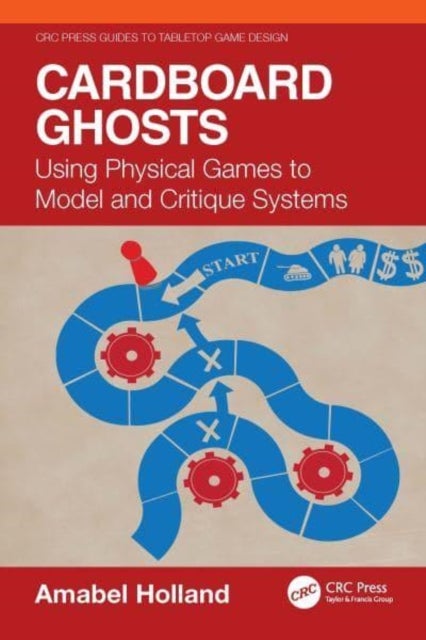
Cardboard Ghosts av Amabel Holland
589,-
<p>Games can be used to model systems because they are themselves systems. Video games handle this under the hood and teach you as you play, but because board games are operated manually, and require the player to understand the system beforehand, they can be a valuable tool for recognizing, understanding, and critiquing real-world systems, including systems of oppression. These systems, often unseen and misunderstood, haunt our world. Board games turn these ghosts into pieces of cardboard we can see, touch, and manipulate.</p><p><b><i>Cardboard Ghosts: Using Physical Games to Model and Critique Systems</i></b> explores both the capabilities and limitations of overtly political board games to model systems and make arguments. Two major approaches are considered and contrasted: one, built around immersion and identification, creates empathy. The other, applying the <i>Verfremdungseffekt</i> to distance the player from the game, creating space for reflection. Uncomfortable questions of p








